Delta Air Lines has announced plans to acquire 525 million gallons (2 billion litres) of sustainable aviation fuel from Colorado-based renewable energy group Gevo, in a seven-year deal scheduled to start from mid-2026. The agreement will provide approximately 75 million gallons (280 million litres) of SAF per year for the term of the agreement, which Gevo said would supersede a 2019 commitment by Delta to buy 10 million gallons (39 million litres) per year. The expanded partnership would also progress the airline’s goal of operating 10% of its flights with SAF by the end of 2030, for which it said it would need a total of 400 million gallons (1.5 billion litres) per year – a substantial jump from last year’s purchases, with corporate partners, of more than 300,000 gallons (just over 1.1 billion litres). The world’s second-largest airline said the partnership with Gevo would significantly increase its access to SAF, while growing the market for alternative fuel, and used the occasion to urge greater effort by governments and industry to ensure sufficient and affordable supplies of SAF if the air transport sector was to meet its decarbonisation targets, reports Tony Harrington.
“SAF is our best opportunity today for meaningful reductions in emissions from air travel, but the market needs investment and engagement from all stakeholders,” said Pam Fletcher, Chief Sustainability Officer at Delta, mirroring industry concerns about the lack and cost of sustainable fuels. “From Federal policy that puts it financially on par with road-based fuels to broad corporate interest, all stakeholders need to drive forward access to SAF in order to expand the market and meet the needs of the industry.”
Gevo CEO Patrick Gruber said Delta recognised that “big change is needed” for the aviation industry to achieve its 2050 target of net zero emissions. “SAF production creates good-paying jobs in manufacturing, improves the environmental quality for all, and fosters rural economic opportunity for feedstocks and pathways,” he said. “With the right policies and incentives in place, we can unlock a future where sustainable aviation fuel is a viable climate solution that benefits air travel and beyond.”
Through two alcohol-to-jet processes, which can use low-carbon feedstocks produced using sustainable agriculture, Gevo can produce energy-dense liquid hydrocarbons including sustainable aviation fuels. “We expect production from our first net-zero plant to begin in 2025,” reported Gruber. “To meet the demand that we now have under contract, we need to develop and build more than one net-zero plant.”
The Delta-Gevo agreement comes just a day after the announcement of a deal between Gevo and six members of the oneworld airline alliance (see article), reflecting increasing commitment by major operators to using renewable aviation fuels. But the agreement also highlights growing concerns about limited supplies of affordable SAF, which IATA is relying upon to deliver 65% of airlines’ carbon emission reductions by 2050.
During the seven-year term of the new partnership between Delta and Gevo, major airframe and aero engine manufacturers expect to achieve regulatory certification which will enable flights to be operated with 100% SAF, double the amount currently permitted for commercial air transport. To operate its flights purely with SAF, Delta estimated it would need around 4 billion gallons (over 15 billion litres) per year.
Today, said the airline, “the market remains nascent due to limited supply and high costs. There is only enough SAF available on the market to support one day of Delta’s operations at pre-pandemic levels. But the industry needs this technology to grow and develop as it is the most meaningful solution to reducing aviation’s carbon emissions.”
In addition to its SAF purchases, Delta is a member of the First Movers Coalition, a public-private partnership led by the US State Department and World Economic Forum, to support and advance the development of new technologies and fuels to help reduce the greenhouse gas emissions of hard-to-abate industries including air transport. The airline said that through this and other like-minded collaborations, it promoted policy support and market incentives to help drive the SAF sector, including a SAF-specific blenders tax credit and “a robust SAF grant programme”.
Photo: Delta Air Lines


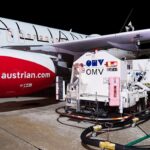
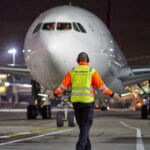
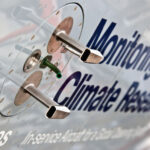


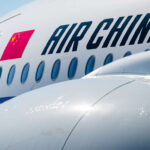
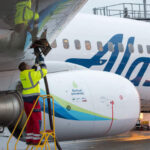
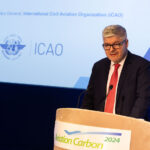

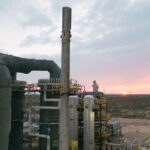

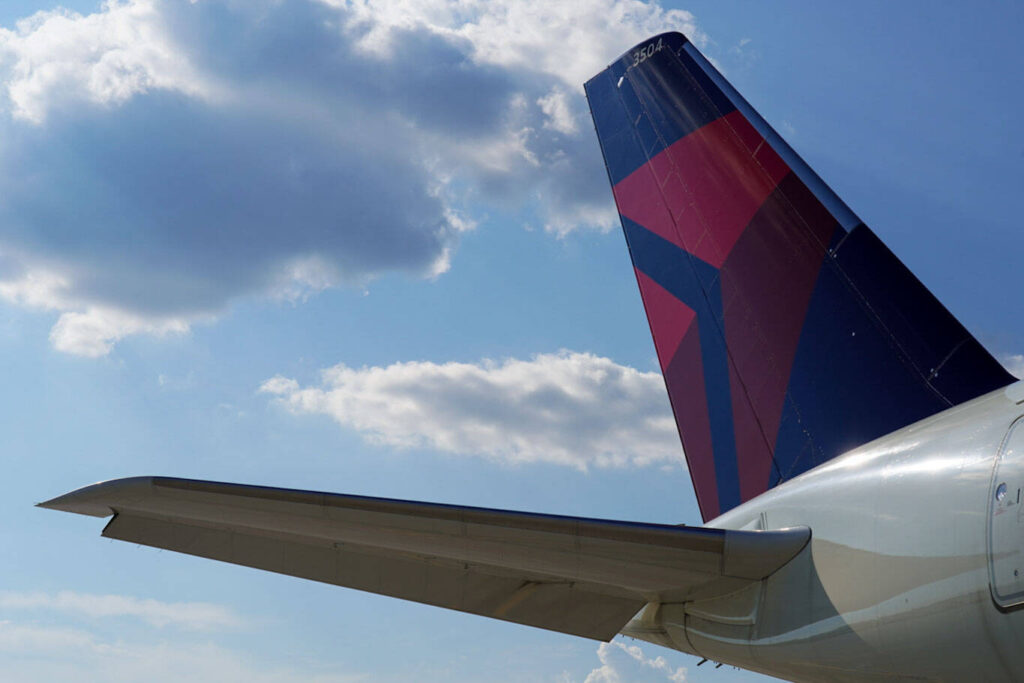

More News & Features
Progress on decarbonising the airline sector has been slow this year, says IATA chief
EASA releases status report on Europe’s SAF production and readiness to meet blending targets
Carbon reduction consultancy Watershed facilitates SAF certificate deals through SABA
New partnerships formed to drive e-SAF production in Nordic markets
IAG continues to go big on e-SAF as it inks 10-year offtake agreement with Infinium
US on the pathway to achieving its 2030 SAF Grand Challenge target, says DOE report